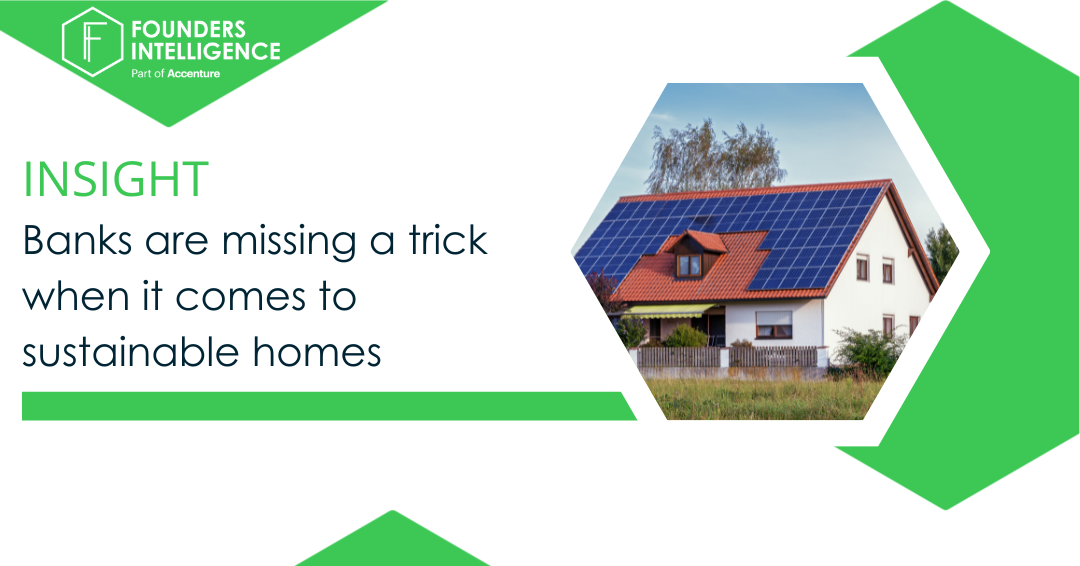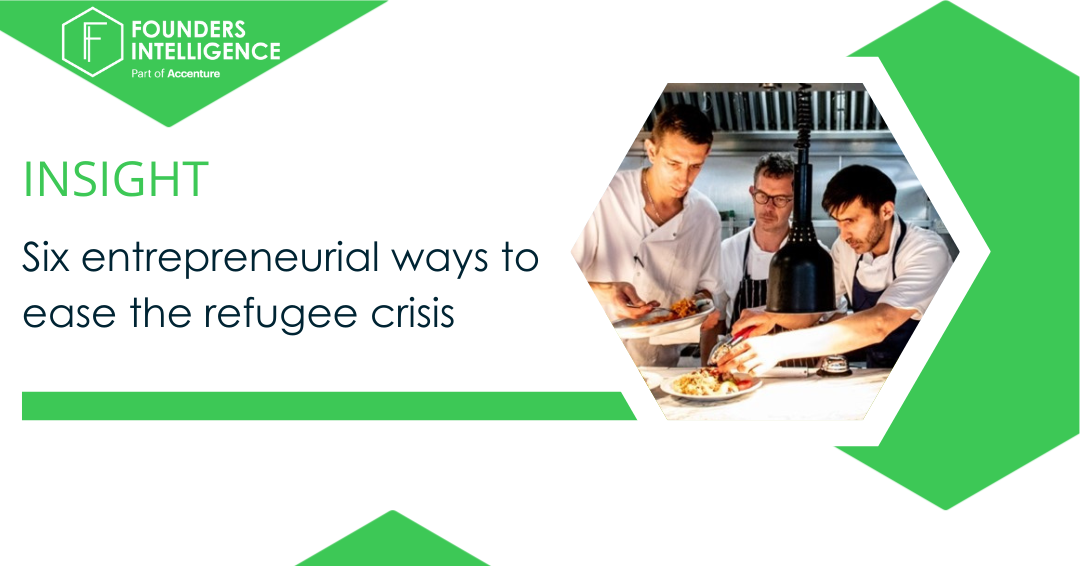There are currently 27 million refugees and every two seconds one person is forced to leave their home due to wars, political instability, human rights abuses, and climate change.
This is not a temporary crisis. In fact, it is getting worse. By 2050, the World Bank estimates that 143 million people will be displaced by climate change alone.
Refugees not only face horrors at homes and treacherous journeys but often dire prospects when they arrive at a new destination. When they try to integrate socially and economically they often face xenophobia and discrimination, which makes it hard to get a job, as well as legal barriers, language limitations, long and complex bureaucracies, and a lack of social networks. In the UK, 70% of refugees live in poverty, 40% are unemployed and roughly half of them are struggling to meet their basic needs.
This creates an extremely precarious existence in which they depend on public and government allowances to survive, struggle to access employment, and have little control over their lives.
A powerful way forward: refugee entrepreneurship
It is time to change the narrative. Entrepreneurship has the power to provide a sustainable way for refugees to live, enabling them to take control over their futures.
Harnessing refugees’ entrepreneurial ideas will help them integrate into their host nations while supporting other refugees globally. For example, scalable tech tools can make travel safer, enable entrepreneurship within refugee camps and provide language classes on arrival.
In the UK alone, there are 9,000 refugees with entrepreneurial potential. However, only 2% of them have access to business support and less than 1% of global expenditure on refugee causes is spent on entrepreneurship.
To put this into perspective, if only 20% of those refugees could access business support, it could potentially lead to 1,800 new ventures. That would create 10,000 new job opportunities for refugees and local people, and engage 600,000 customers, contributing to a more positive perception of refugees across society and reducing prejudice.
But launching a business is difficult for anybody, let alone refugees who face numerous additional challenges; investing in programmes that support refugee entrepreneurship is a powerful way to help them overcome those barriers and accelerate their societal integration.
Six ways to foster refugee entrepreneurship
| Overview | Case Study | |
| 1) Refugee incubators and accelerators | Programmes that support refugees to transform their business ideas into reality, by providing them with business support, coaching, funding and network access. | The Entrepreneurial Refugee Network (TERN) provides targeted business support for refugee entrepreneurs. They offer three programmes to help refugees across the entire growth journey: 1) from idea to pitch 2) from pitch to business 3) from business to scale. So far, they’ve supported 412 refugees to launch their ventures in the UK. |
| 2) Refugee networks | Networks of resources and volunteers connecting refugees with support providers to solve refugee-related challenges. | Techfugees is an international community of volunteers that brings together innovators, humanitarians, researchers and social entrepreneurs, both from refugee and local communities. They create tech solutions that support the inclusion of displaced people, by collaborating via open global online platforms (such as Basefugees). |
| 3) Refugee education and upskilling | Educational programmes provide refugees with the tech and business expertise to start their own business or join a venture. | Code Your Future is UK non-profit training some of the most deprived members of society to become web developers and helps them find employment in the tech industry, including the FT, BBC, STV, Ticketmaster and start-ups including Adzuna, Sensible Object, tlr and WeGotPop. |
| 4) Start-up and corporate employment programmes | Businesses and start-ups training and employing refugees. | Eat Offbeat is an NYC-based food delivery and catering service employing refugee chefs from all over the world. Described as ‘culinary journeys’, the meals served by Eat Offbeat come from the chefs’ home countries. The company not only provides employment but also a welcoming community: “When I first came my English was very bad, and all those people who were working with me were from different countries,” one chef said. “We got deeply attached with each other [and] the working atmosphere [was] very friendly. This was… to me, a world with no boundaries, we respected each other just like a family.” |
| 5) NGOs and volunteer-based initiatives | Initiatives supporting the professional development of refugees. | Refugee Food accelerates the professional integration of refugees in the food sector and raises awareness on the refugee crisis. They have a variety of activities, including 1) a restaurant run by refugee chefs 2) a festival connecting aspiring refugee chefs and established restaurants 3) education programmes to teach school kids about food and refugees 4) free meal delivery 5) a catering service 6) a training programme for aspiring refugee chefs. |
| 6) International organisation funding and interventions | Entrepreneurship and incubation programmes are funded by international organisations. | UNHCR launched an initiative in Esmeraldas, Ecuador, supporting the development of small enterprises that create employment and wealth for refugees and the local community. UNHCR has engaged with government, private sector, social entrepreneurs, NGOs, and academic and financial institutions to create a mould-breaking programme in a complex environment. |
How to get involved
At Founders Intelligence and Founders Forum, we’re committed to working with our incredible venture network to build inclusivity and tackle the refugee crisis. Here are some examples of how to take action:
- Supporting foundations and corporates in running impact-focused venture programmes: At Founders Intelligence, we ran the Meta’s Community Accelerator. Through the programme, we helped impact-focused businesses scale their growth, including communities elevating marginalised groups and refugees.
- Becoming customers of refugee businesses via TERN partnership: We partner with refugee chefs who graduated from the TERN incubator programme. They provide us with their catering services on a monthly basis.
- Simplifying donating for refugee-based charities and NGOs via Tyve: a platform allowing us to seamlessly donate a percentage of our salary to charities and NGOs of choice, tax-free.
- Encouraging volunteering by partnering with CodeYourFuture: Leveraging our extensive network of coders and entrepreneurs to help refugees up-skill and gain employment while simultaneously plugging the tech skills gap.
Every refugee entrepreneur has a unique story. These stories are challenging the negative perceptions of refugees from financial and social burdens, to sources of vitality, economic growth and job creation.
We need to open up the tech space even further by expanding upskilling courses and boot camps, and, critically, boosting venture programmes and access to networks of funders, mentors and talent (the engineers, developers and marketing managers all businesses need). If you’re eager to support refugees make the most of their entrepreneurial potential while tapping into their skills and expertise, get in touch to chat about how we can help.


